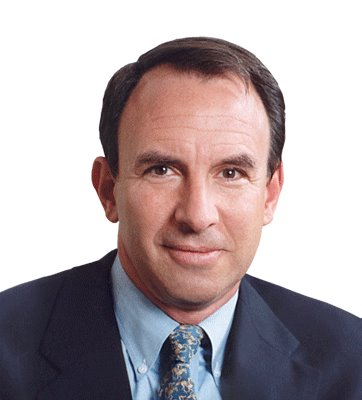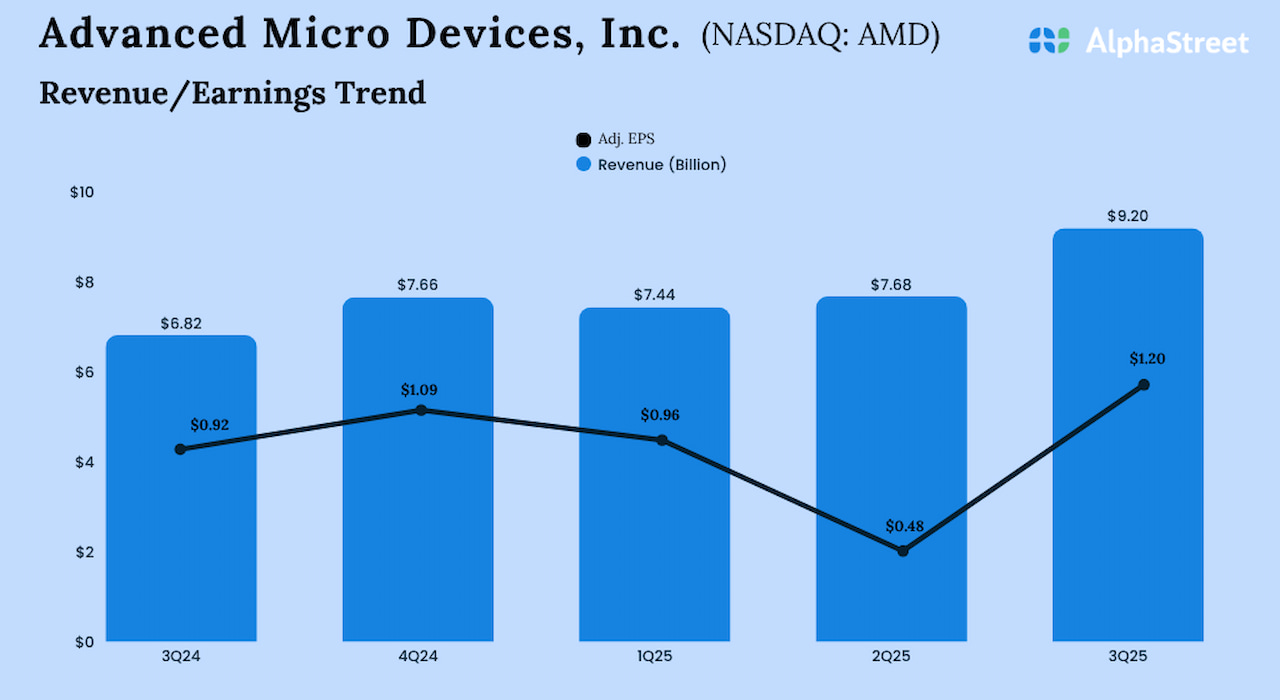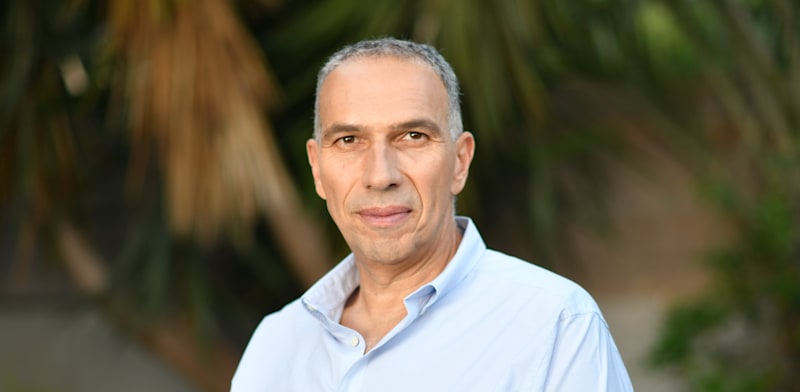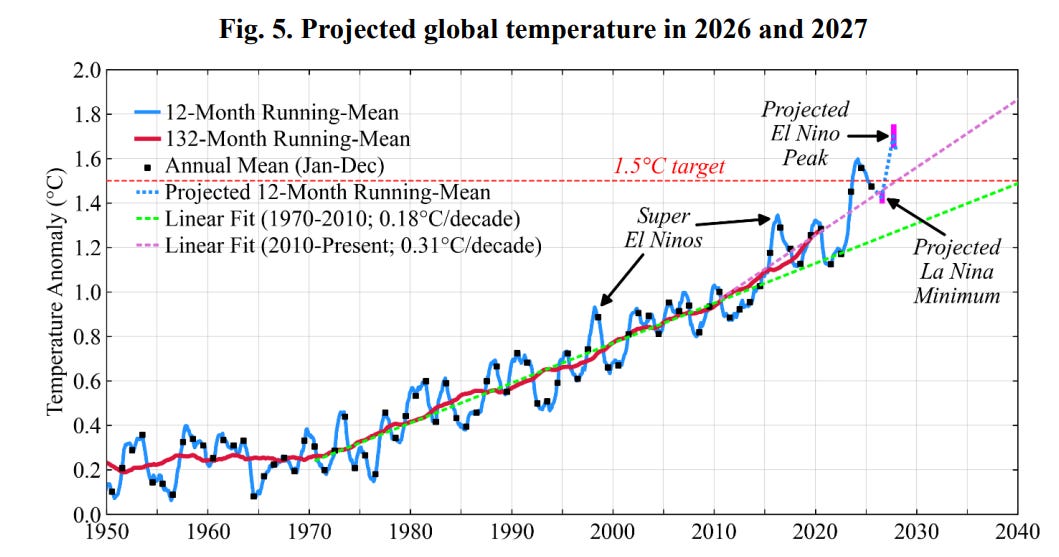Money regrets often surface later in life, when time to recover is limited. Many retirees look back and realize they could have built more wealth, avoided debt, or prepared better for emergencies if they had acted earlier. The truth is that financial wisdom compounds just like money—the sooner you learn, the more it pays off. At 40, you still have decades to adjust course, but by 60, some opportunities have closed. Here are 10 money lessons people wish they had embraced earlier.
1. Start Investing Immediately
The power of compounding is unmatched, but it requires time. Many people wait until their 40s or later to invest seriously, losing out on years of growth. Even modest amounts invested at 25 can outperform larger sums started at 45. The lesson is simple: don’t wait for “extra money” to invest. Start small, but start early.
2. Debt Is a Wealth Killer
Credit card balances, personal loans, and even car payments eat away at long-term security. At 40, paying minimums may not feel crushing, but by 60, interest adds up to staggering amounts. Every dollar spent on debt service is a dollar lost to future savings. People often wish they had attacked debt aggressively earlier in life. Freedom from interest payments is freedom to build wealth.
3. Lifestyle Inflation Is Dangerous
When income rises, spending tends to rise too. Many regret chasing bigger houses, newer cars, and luxury items instead of building savings. By 60, those purchases often lose their shine while the debt or opportunity cost remains. Holding lifestyle inflation in check at 40 sets up security at 60. The key is resisting the urge to “keep up” with others.
4. Emergency Funds Are Non-Negotiable
Life is unpredictable, and without savings, emergencies lead to debt. Car breakdowns, medical bills, or sudden job loss can wreck finances if you’re unprepared. People often realize too late how much stress an emergency fund could have saved. At 40, building three to six months of expenses is realistic; at 60, rebuilding from a crisis is harder. Security starts with preparation.
5. Retirement Planning Can’t Wait
Many people underestimate how much money they’ll need in retirement. Waiting until 50 or 55 to get serious often leaves them scrambling. At 40, contributing consistently to retirement accounts gives decades for growth. By 60, it’s nearly impossible to catch up without major sacrifices. Early planning isn’t optional—it’s essential.
6. Healthcare Costs Are Inevitable
One of the biggest financial shocks later in life is healthcare. Copays, prescriptions, and long-term care add up fast. Many wish they had saved specifically for health expenses in their 40s. Options like HSAs or supplemental insurance can reduce future stress. At 60, facing these costs unprepared can drain retirement savings quickly.
7. Financial Literacy Pays for Life
Understanding taxes, investments, and credit isn’t just for the wealthy. Many regret not taking the time to learn the basics earlier. Missteps like cashing out retirement accounts, overpaying in taxes, or chasing bad investments add up. Financial literacy compounds like money—the sooner you learn, the more you benefit. By 60, ignorance costs far more than education ever would.
8. Relationships and Money Are Linked
Financial stress is a top cause of divorce and strained family ties. Many people wish they had learned how to talk openly about money with partners and children. At 40, setting financial boundaries and goals together strengthens relationships. At 60, unresolved issues often lead to regret and resentment. Communication about money is as important as the money itself.
9. Passive Income Matters
Relying only on a paycheck leaves you vulnerable. Building side hustles, rental income, or investment dividends earlier creates freedom later. By 60, those who never built passive streams often feel trapped in work or anxious in retirement. The lesson is clear: start creating income that works without you. Even small streams add up over time.
10. Time Is More Valuable Than Money
At 40, many focus on earning more, but by 60, people realize time is the most precious asset. Chasing money without balance often leads to missed experiences with family or neglected health. The money lesson is that wealth should buy freedom, not more work. Regret often comes not from what was spent but from what was missed.
Why Learning Early Changes Everything
Money lessons carry the most power when they’re applied with time to grow. By 40, adopting smarter habits sets up decades of freedom, but waiting until 60 leaves fewer options. The biggest regret people share isn’t losing money—it’s losing time to prepare. Learning and acting earlier means enjoying both wealth and peace of mind later. The best time to start was yesterday, but the second-best is today.
Which of these money lessons do you wish you had learned earlier? Share your thoughts in the comments.
You May Also Like…
Baby Boomer Dilemma: Why So Many People Over 60 Are Regretting Retiring
Medicare’s Mental Health Expansion Sounds Great—Until You See Who’s Still Left Out
9 Spending Rules That Remove Guilt From Enjoying Retirement
10 Scripts That Say “No” Without Ending Relationships
9 Peer-to-Peer Payment Rules That Protect Your Cash



























